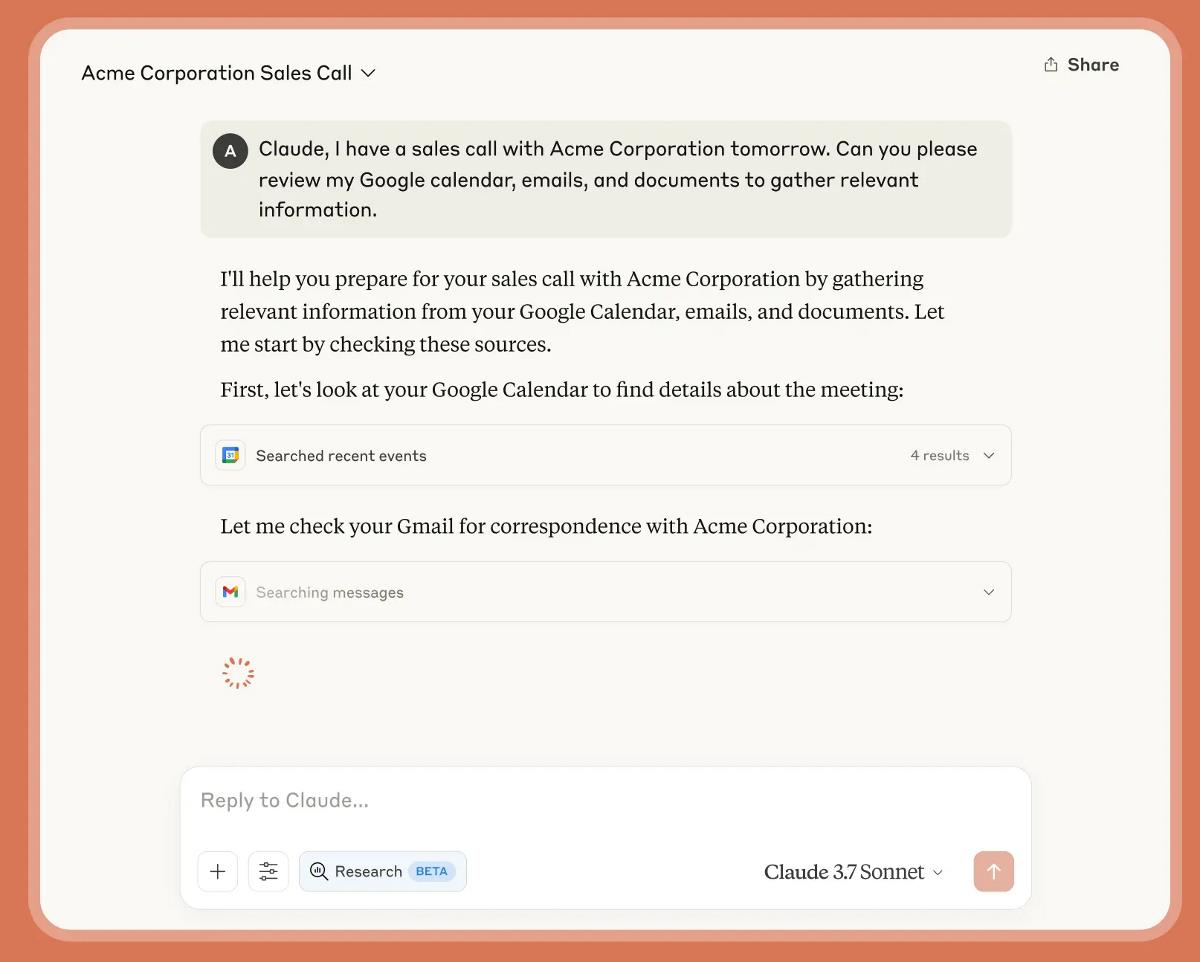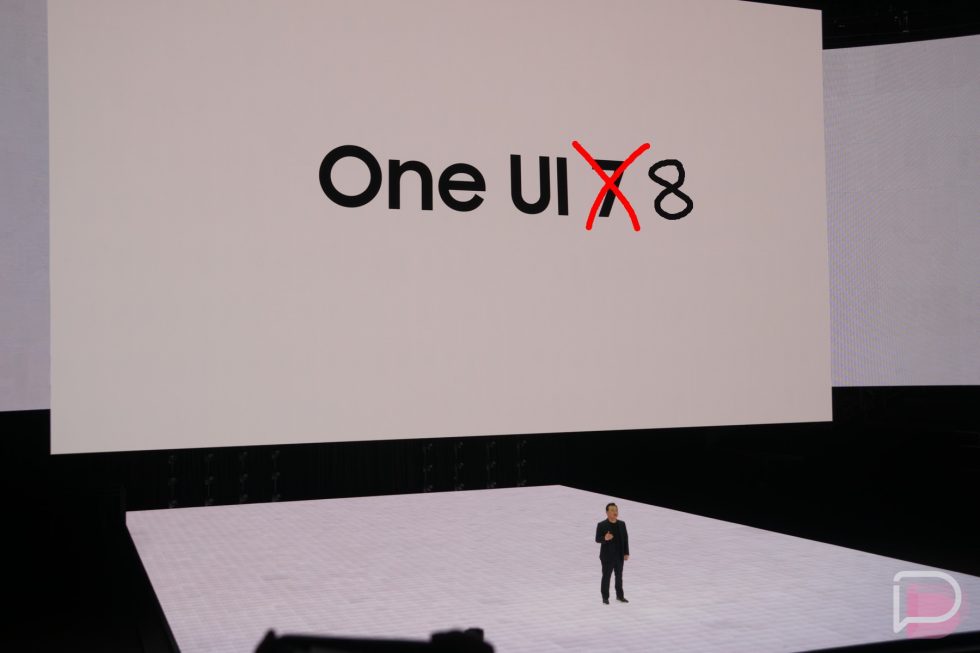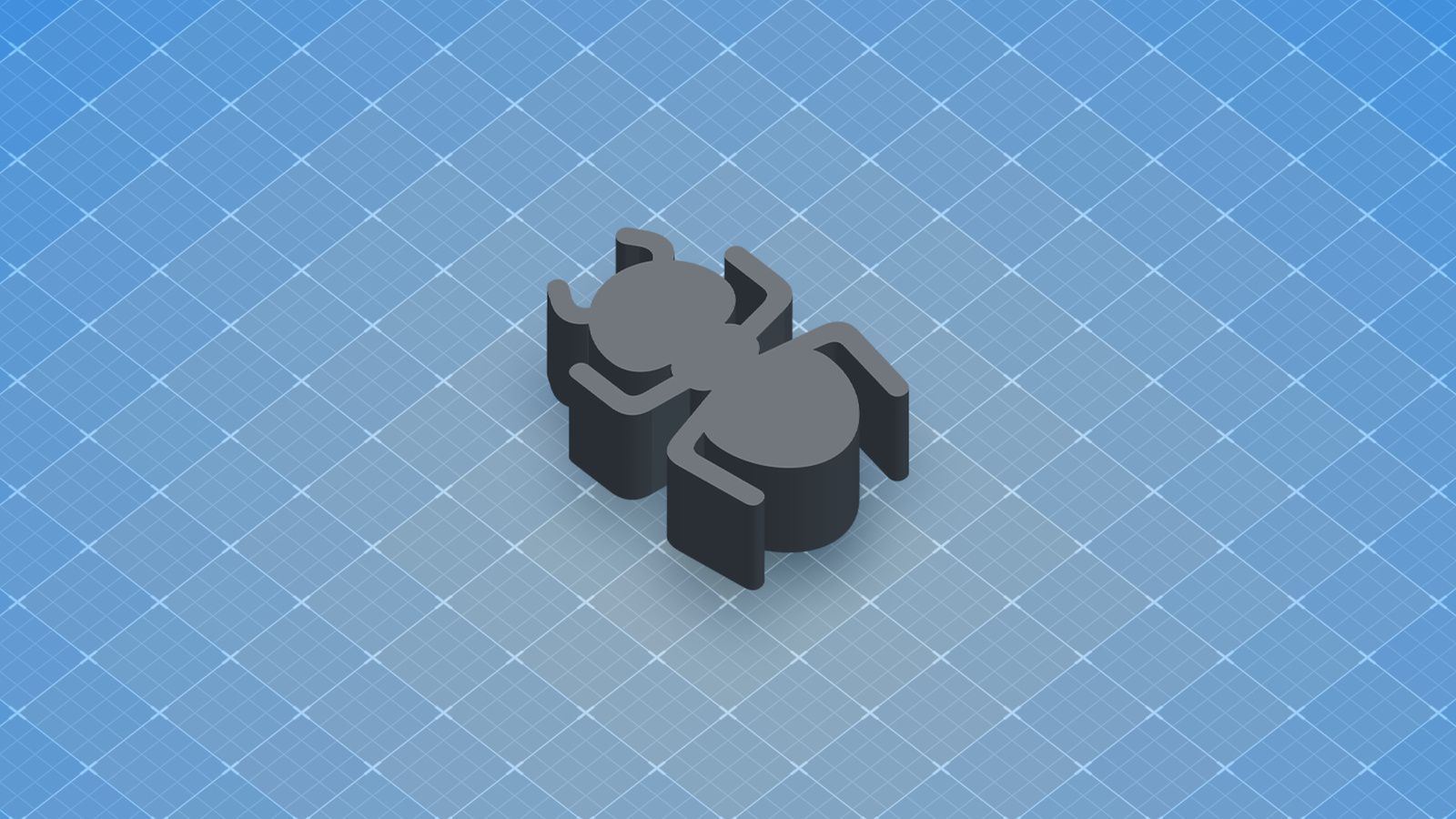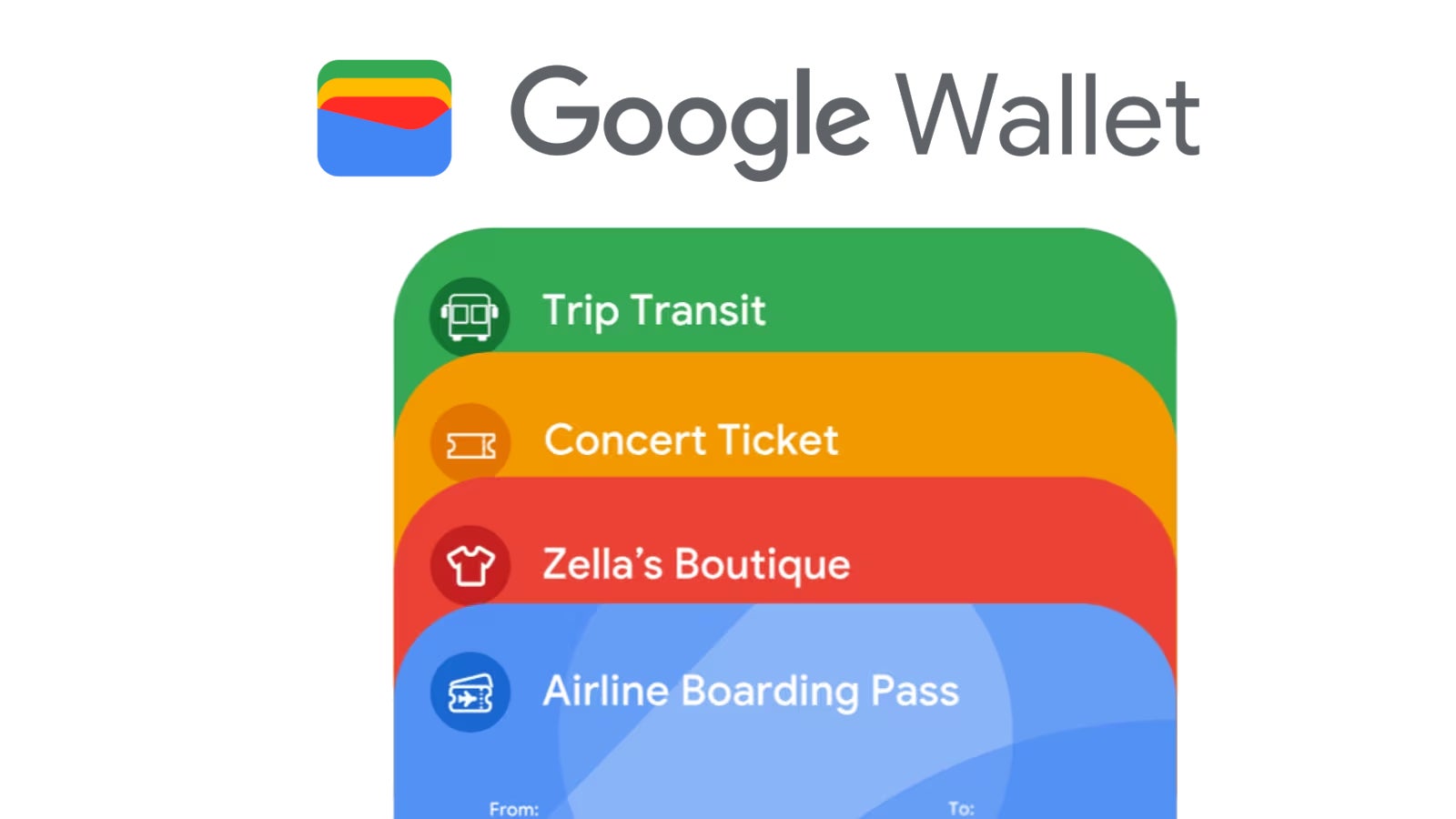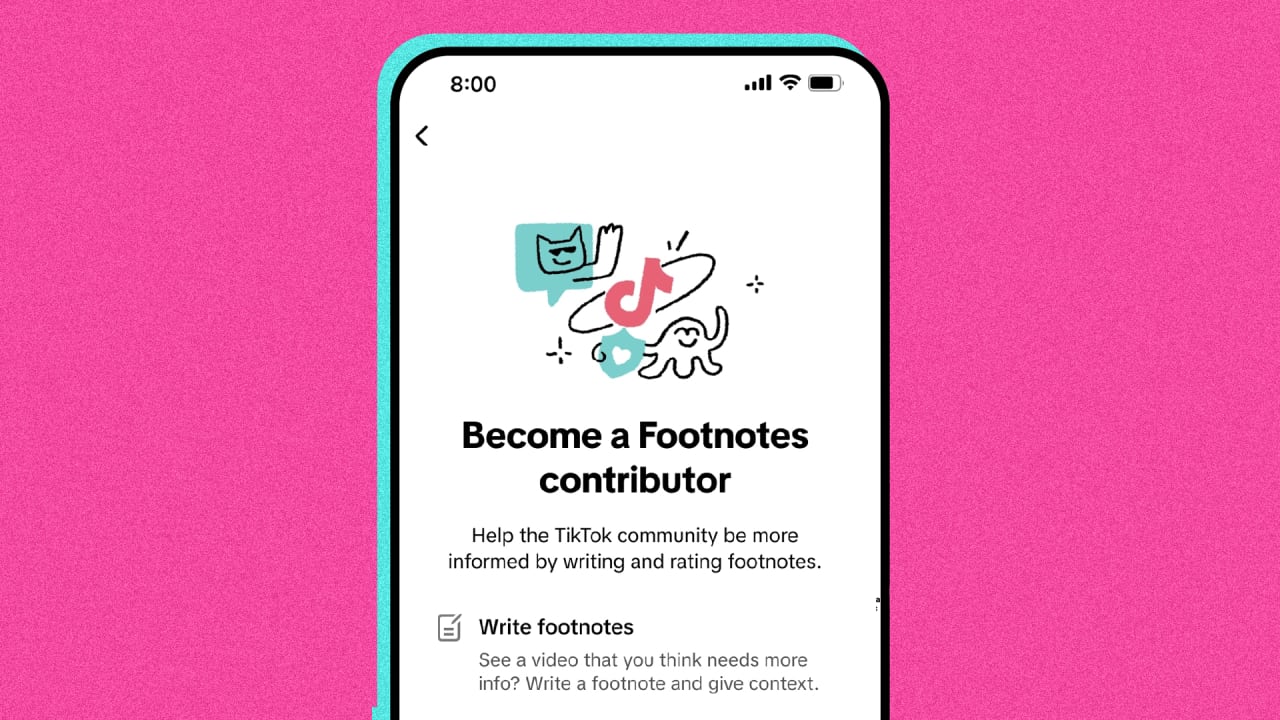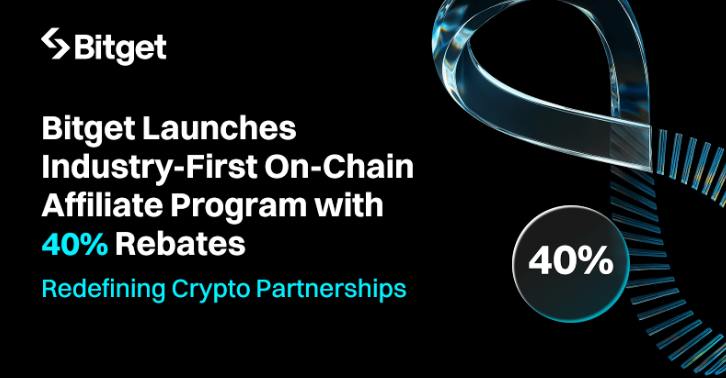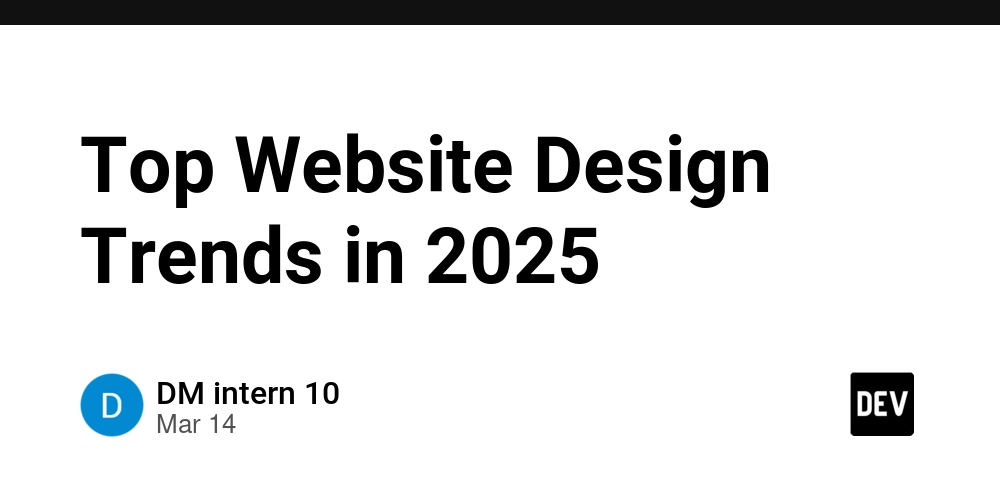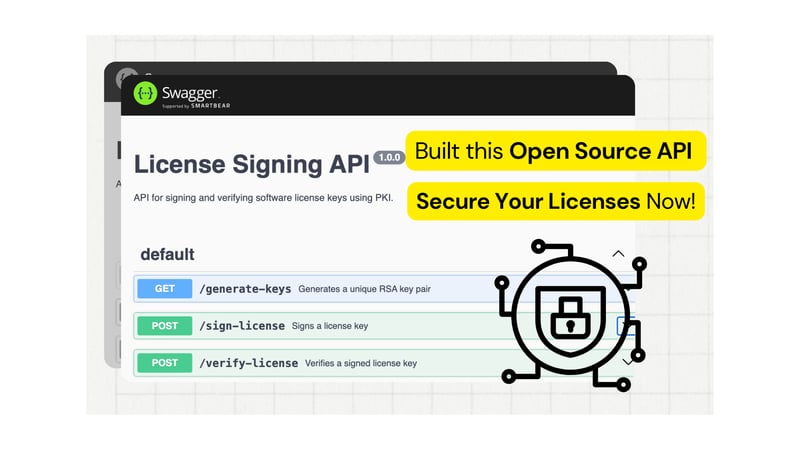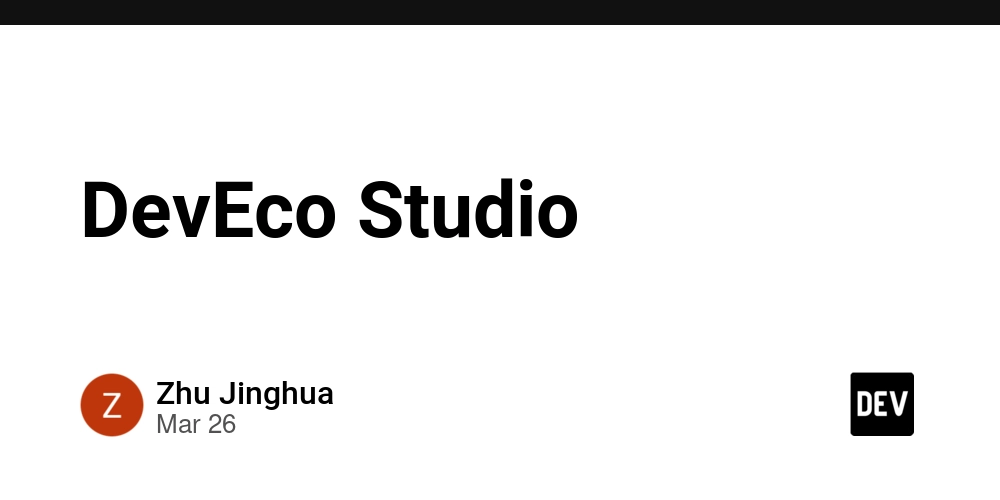10 Must-Have Real-World MERN Stack Projects to Boost Your Portfolio in 2025
Title: 10 Real-World MERN Stack Projects to Boost Your Portfolio in 2025 Introduction: Why Real-World Projects Matter You’ve spent hours learning JavaScript, followed countless tutorials, and maybe even built a few CRUD apps. But when it comes to applying for jobs or freelance gigs, there’s one question that often stops developers in their tracks: “What have you actually built?” That’s where real-world MERN Stack projects come in. They don’t just show your ability to code — they prove your understanding of building complete, scalable, and user-focused applications. Recruiters and clients aren’t looking for textbook knowledge. They want proof that you can solve problems, think like a developer, and ship polished products. In this blog, we’ll explore 10 practical MERN Stack projects that you can build and showcase on your portfolio. Each one is based on real-world problems and is designed to help you strengthen your technical skills while demonstrating your creativity and execution. 1. DevConnector – A Developer Social Network Problem It Solves As developers, we often struggle to maintain a central profile of our skills, projects, and experiences. DevConnector is a social platform tailored specifically for developers to connect, share, and grow their network — something like a mini LinkedIn built just for coders. Key Features Developer profile creation and editing Post feed with likes and comments Experience and education sections GitHub integration to display repos JWT-based authentication and protected routes Tech Stack Breakdown MongoDB: Stores user profiles, posts, and comments. Express.js: RESTful API with routes for users, auth, posts, and profiles. React.js: Frontend with protected routes, dynamic dashboard, and form validation. Node.js: Backend server managing API endpoints, authentication, and error handling. Level: Intermediate What You’ll Learn Authentication with JWT and bcrypt Secure routing using express-jwt or middleware API architecture with Express Connecting front-end components to backend data via Axios or Fetch CRUD operations with relational dependencies (user → profile → posts) Pro Tips Add real-time notifications using socket.io Enable user-to-user messaging with WebSocket or REST Add a follower/following system to mimic modern social networks 2. Campus Store – E-Commerce Web App Problem It Solves Everyone shops online, but few developers understand the full flow of an e-commerce system — from cart management to payments. Campus Store is a niche e-commerce platform selling college-centric items like custom t-shirts, mugs, and accessories. It’s ideal for learning the complete lifecycle of a modern online store. Key Features Product catalog with search and filters User registration and login Cart and checkout system Admin dashboard for product and order management Payment integration (Stripe or Razorpay) Tech Stack Breakdown MongoDB: Products, user accounts, orders, and cart items. Express.js: APIs for managing products, users, and orders. React.js: Component-based UI with a shopping cart, product pages, and admin panel. Node.js: Server handling order processing, authentication, and payment validation. Level: Intermediate to Advanced What You’ll Learn Implementing secure login and role-based access (admin vs. customer) Managing product listings with images (Cloudinary or local storage) Real-time cart updates using context or Redux Handling secure payments and order records Admin-level access for dashboard features Pro Tips Integrate Razorpay or Stripe for a realistic payment experience Add product reviews and ratings Build an analytics page for admins to track sales trends
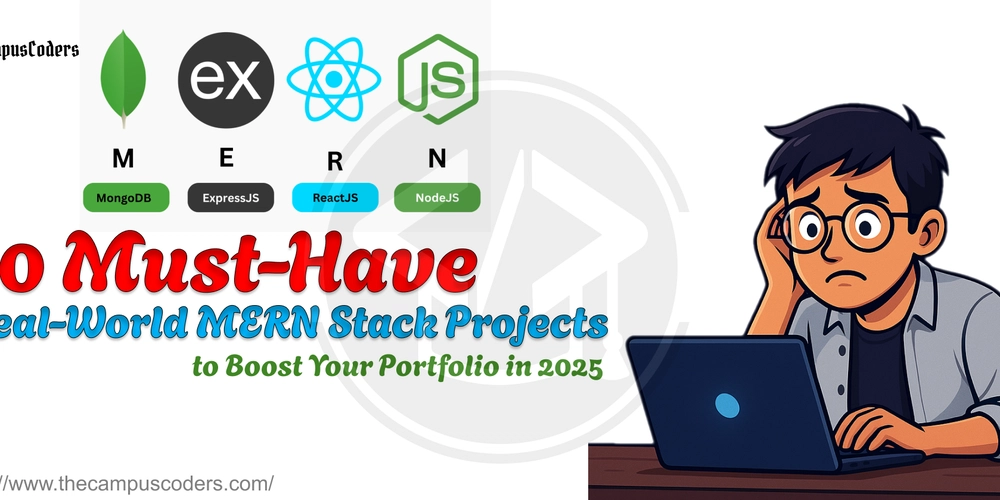
Title: 10 Real-World MERN Stack Projects to Boost Your Portfolio in 2025
Introduction: Why Real-World Projects Matter
You’ve spent hours learning JavaScript, followed countless tutorials, and maybe even built a few CRUD apps. But when it comes to applying for jobs or freelance gigs, there’s one question that often stops developers in their tracks:
“What have you actually built?”
That’s where real-world MERN Stack projects come in. They don’t just show your ability to code — they prove your understanding of building complete, scalable, and user-focused applications. Recruiters and clients aren’t looking for textbook knowledge. They want proof that you can solve problems, think like a developer, and ship polished products.
In this blog, we’ll explore 10 practical MERN Stack projects that you can build and showcase on your portfolio. Each one is based on real-world problems and is designed to help you strengthen your technical skills while demonstrating your creativity and execution.
1. DevConnector – A Developer Social Network
Problem It Solves
As developers, we often struggle to maintain a central profile of our skills, projects, and experiences. DevConnector is a social platform tailored specifically for developers to connect, share, and grow their network — something like a mini LinkedIn built just for coders.
Key Features
- Developer profile creation and editing
- Post feed with likes and comments
- Experience and education sections
- GitHub integration to display repos
- JWT-based authentication and protected routes
Tech Stack Breakdown
- MongoDB: Stores user profiles, posts, and comments.
- Express.js: RESTful API with routes for users, auth, posts, and profiles.
- React.js: Frontend with protected routes, dynamic dashboard, and form validation.
- Node.js: Backend server managing API endpoints, authentication, and error handling.
Level: Intermediate
What You’ll Learn
- Authentication with JWT and bcrypt
- Secure routing using
express-jwtor middleware - API architecture with Express
- Connecting front-end components to backend data via Axios or Fetch
- CRUD operations with relational dependencies (user → profile → posts)
Pro Tips
- Add real-time notifications using socket.io
- Enable user-to-user messaging with WebSocket or REST
- Add a follower/following system to mimic modern social networks
2. Campus Store – E-Commerce Web App
Problem It Solves
Everyone shops online, but few developers understand the full flow of an e-commerce system — from cart management to payments. Campus Store is a niche e-commerce platform selling college-centric items like custom t-shirts, mugs, and accessories. It’s ideal for learning the complete lifecycle of a modern online store.
Key Features
- Product catalog with search and filters
- User registration and login
- Cart and checkout system
- Admin dashboard for product and order management
- Payment integration (Stripe or Razorpay)
Tech Stack Breakdown
- MongoDB: Products, user accounts, orders, and cart items.
- Express.js: APIs for managing products, users, and orders.
- React.js: Component-based UI with a shopping cart, product pages, and admin panel.
- Node.js: Server handling order processing, authentication, and payment validation.
Level: Intermediate to Advanced
What You’ll Learn
- Implementing secure login and role-based access (admin vs. customer)
- Managing product listings with images (Cloudinary or local storage)
- Real-time cart updates using context or Redux
- Handling secure payments and order records
- Admin-level access for dashboard features
Pro Tips
- Integrate Razorpay or Stripe for a realistic payment experience
- Add product reviews and ratings
- Build an analytics page for admins to track sales trends
















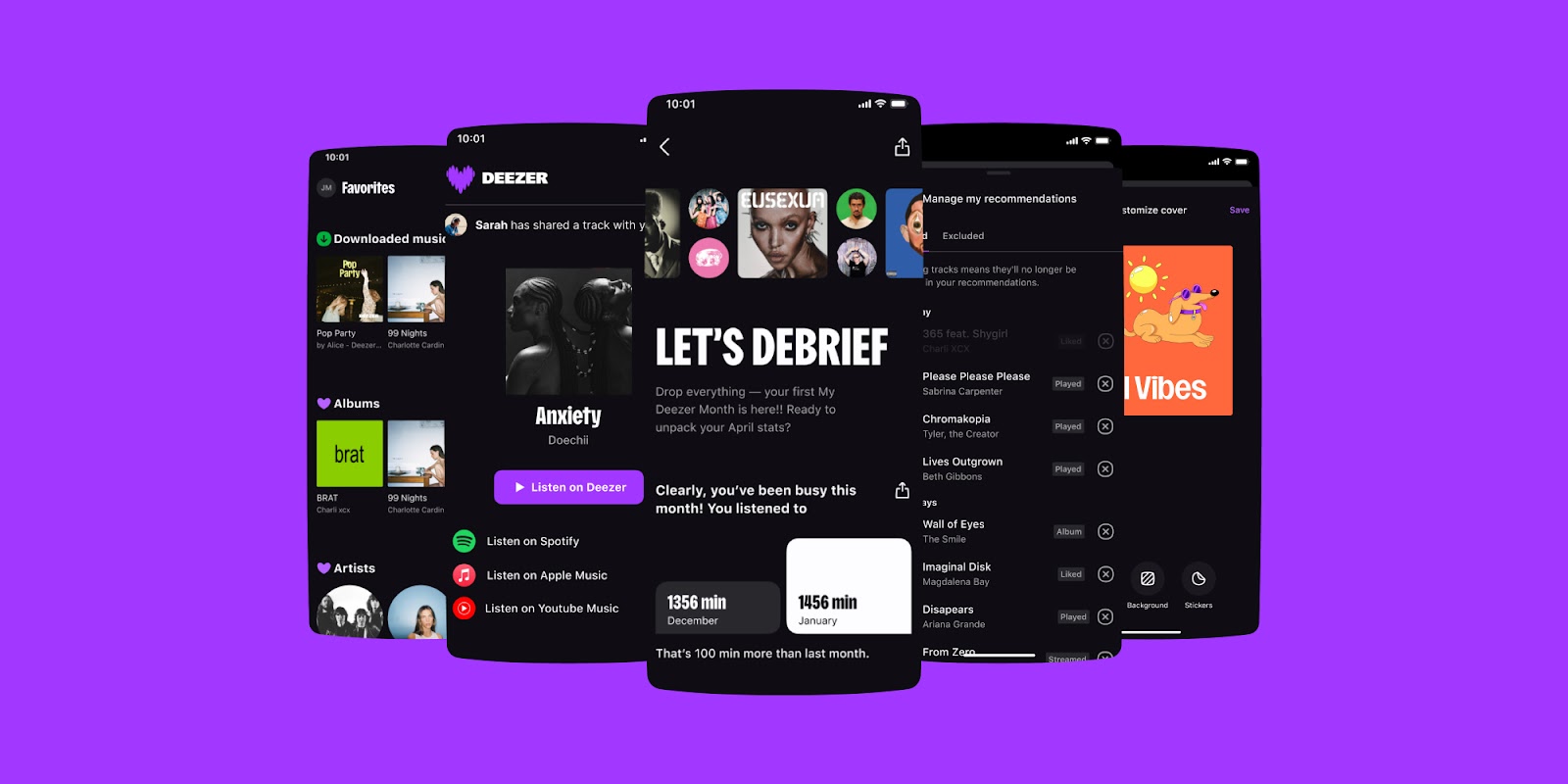
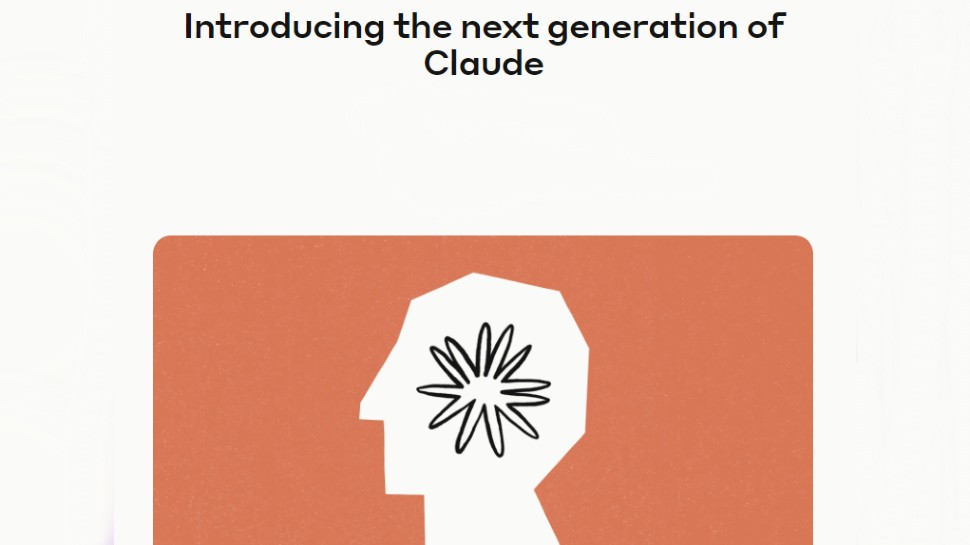

























































































































































![[The AI Show Episode 144]: ChatGPT’s New Memory, Shopify CEO’s Leaked “AI First” Memo, Google Cloud Next Releases, o3 and o4-mini Coming Soon & Llama 4’s Rocky Launch](https://www.marketingaiinstitute.com/hubfs/ep%20144%20cover.png)









































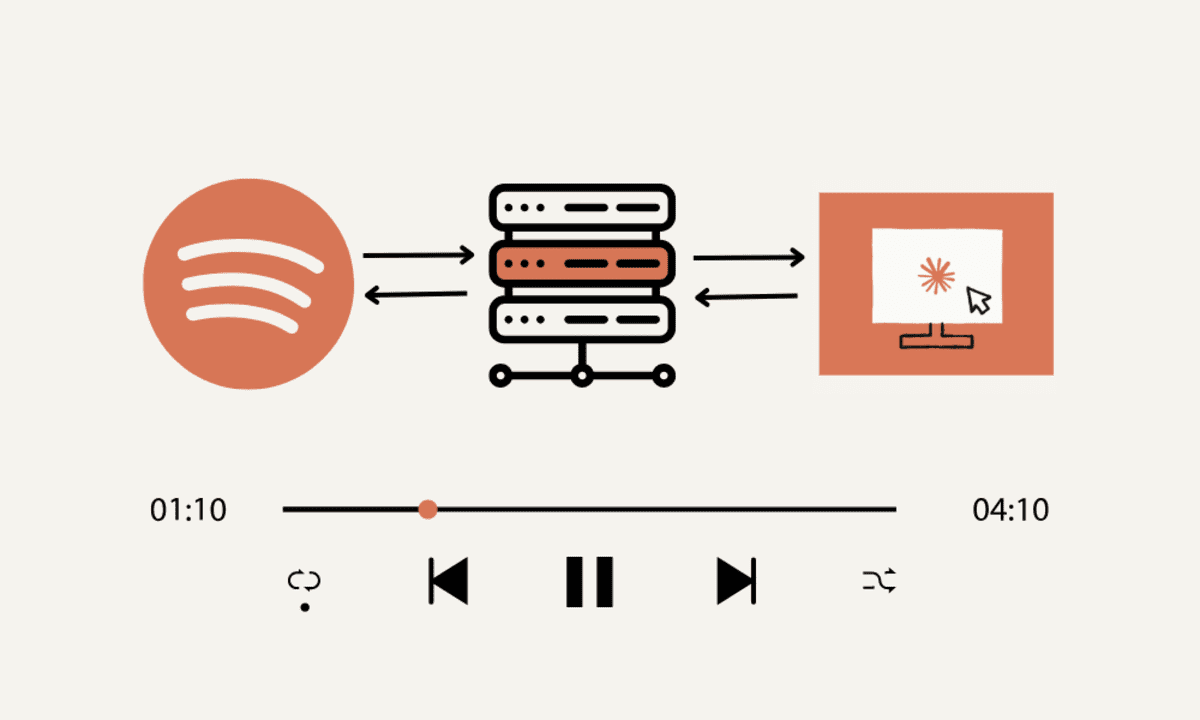


































































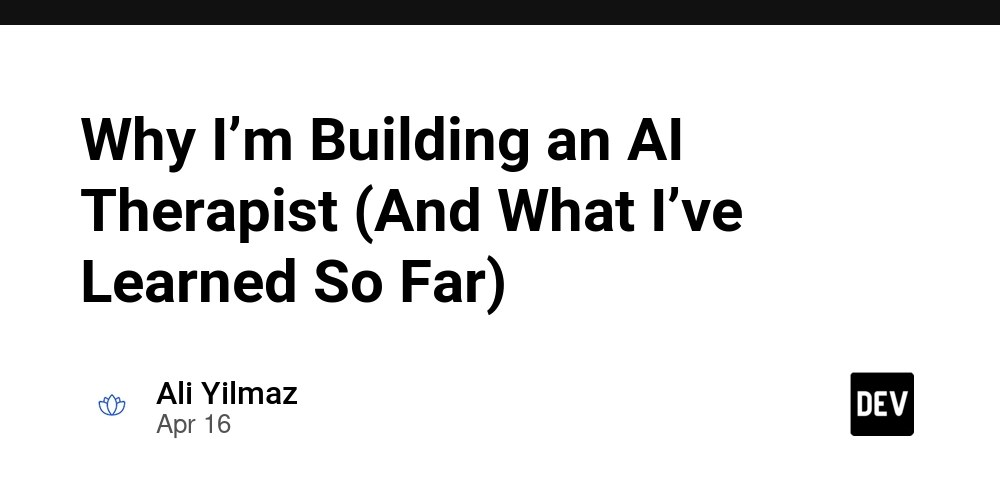


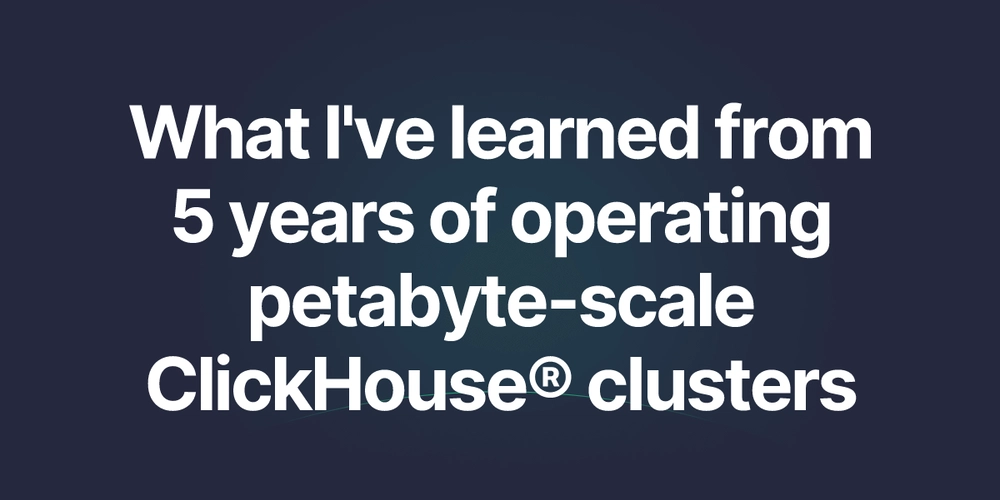























































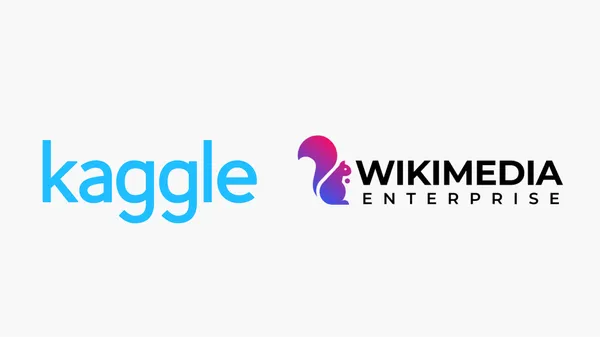


























![Blue Archive tier list [April 2025]](https://media.pocketgamer.com/artwork/na-33404-1636469504/blue-archive-screenshot-2.jpg?#)









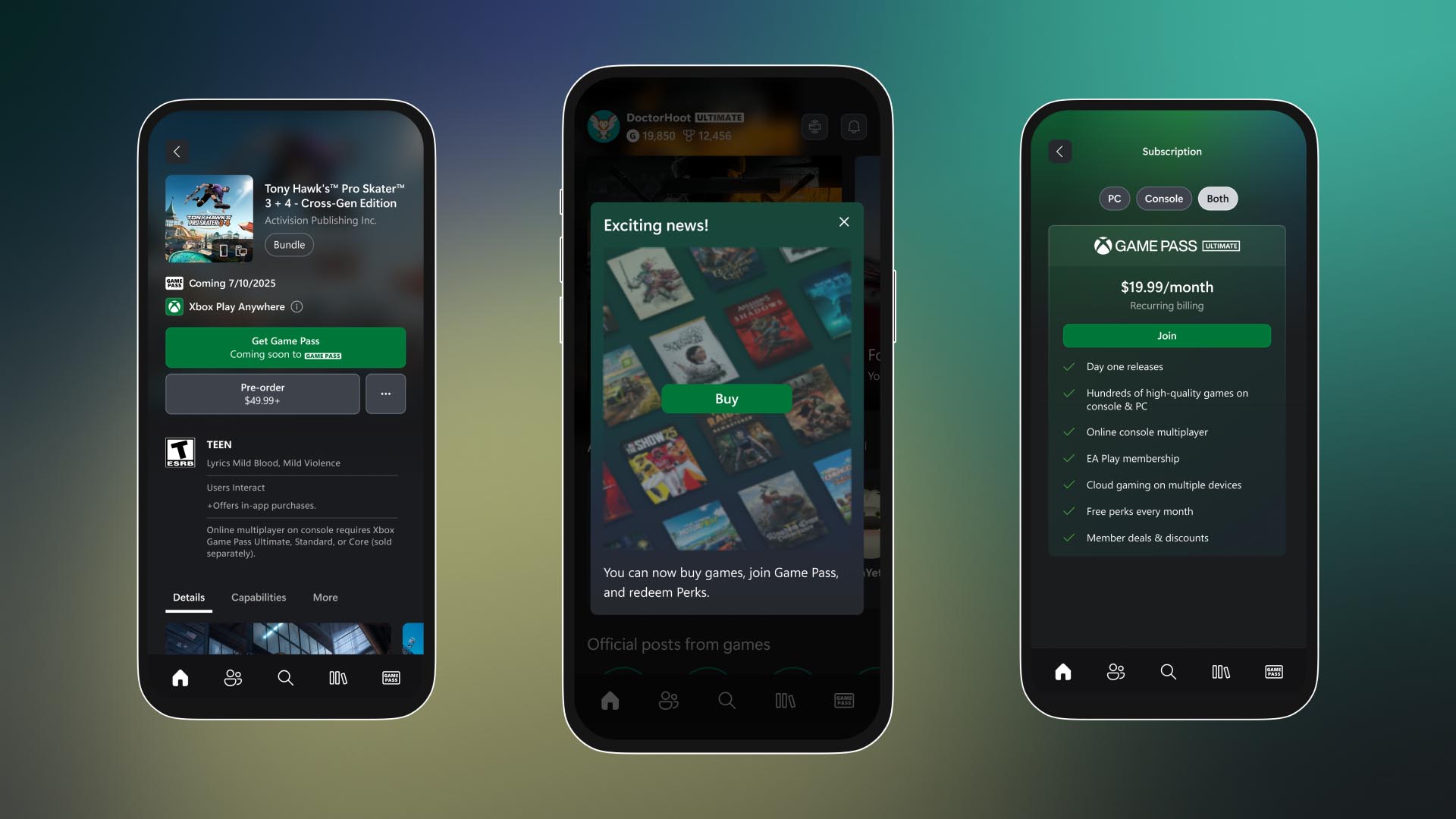





















.png?#)
.jpg?#)








.png?width=1920&height=1920&fit=bounds&quality=70&format=jpg&auto=webp#)










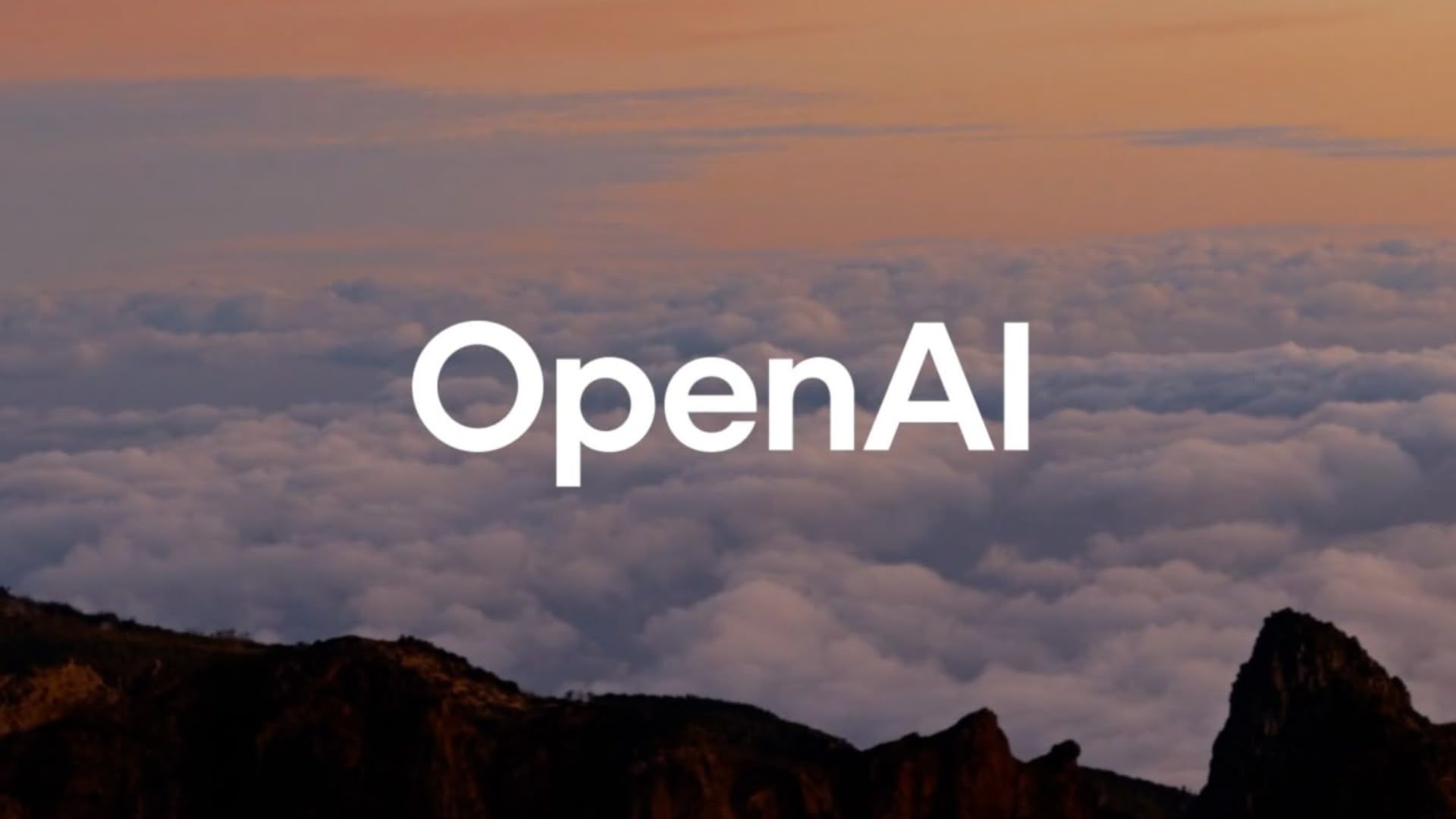



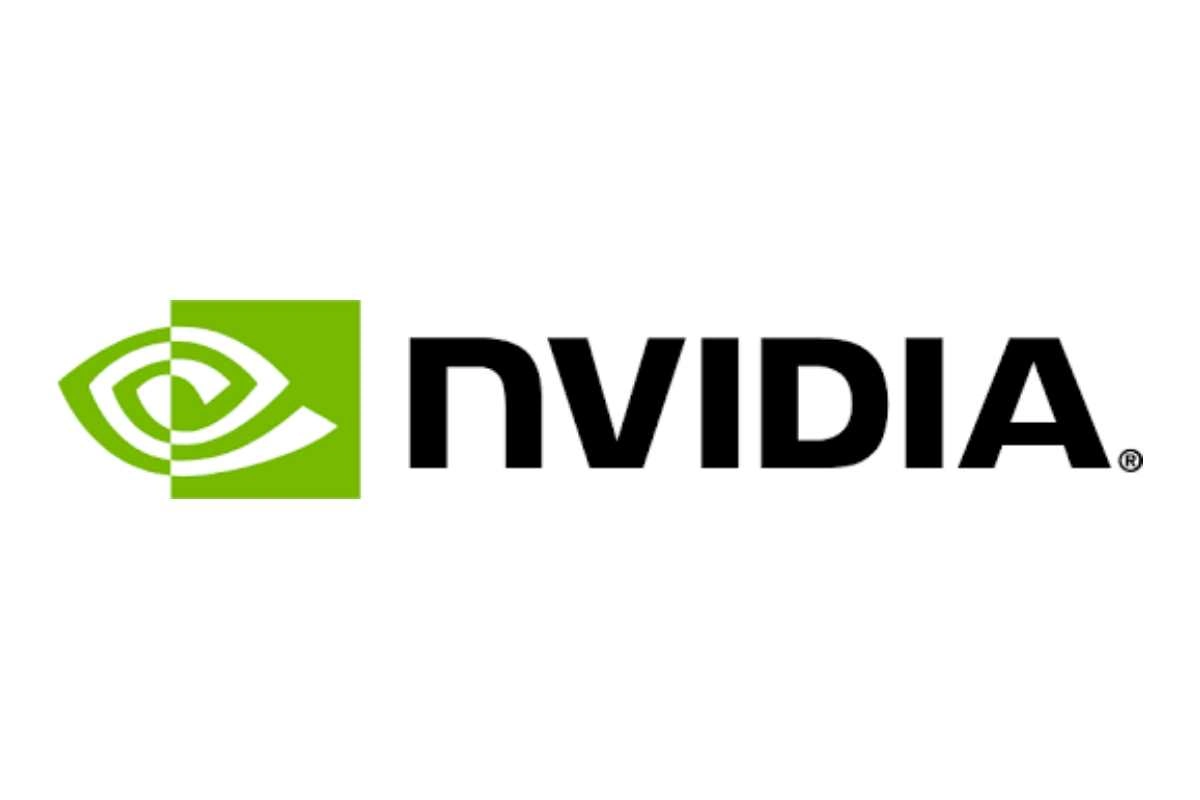









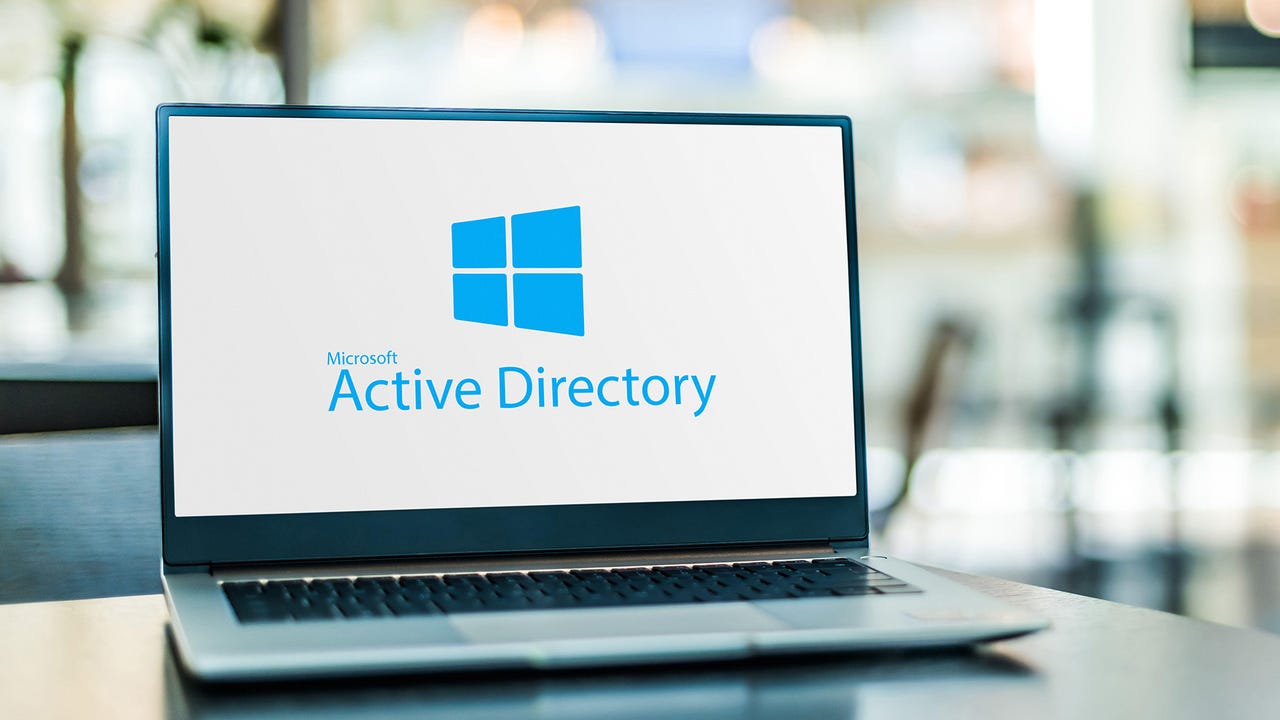

.png?#)
.webp?#)





































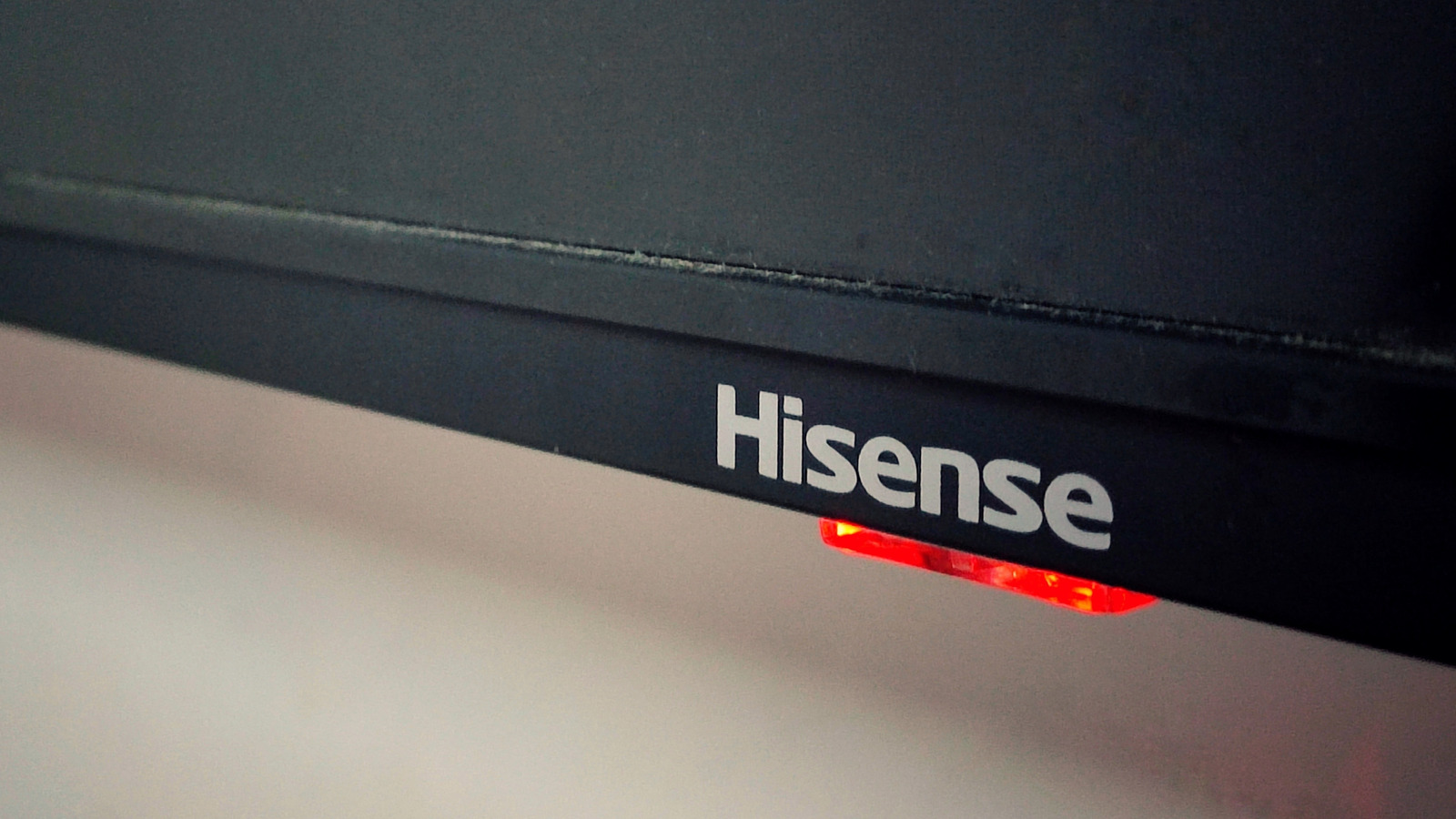













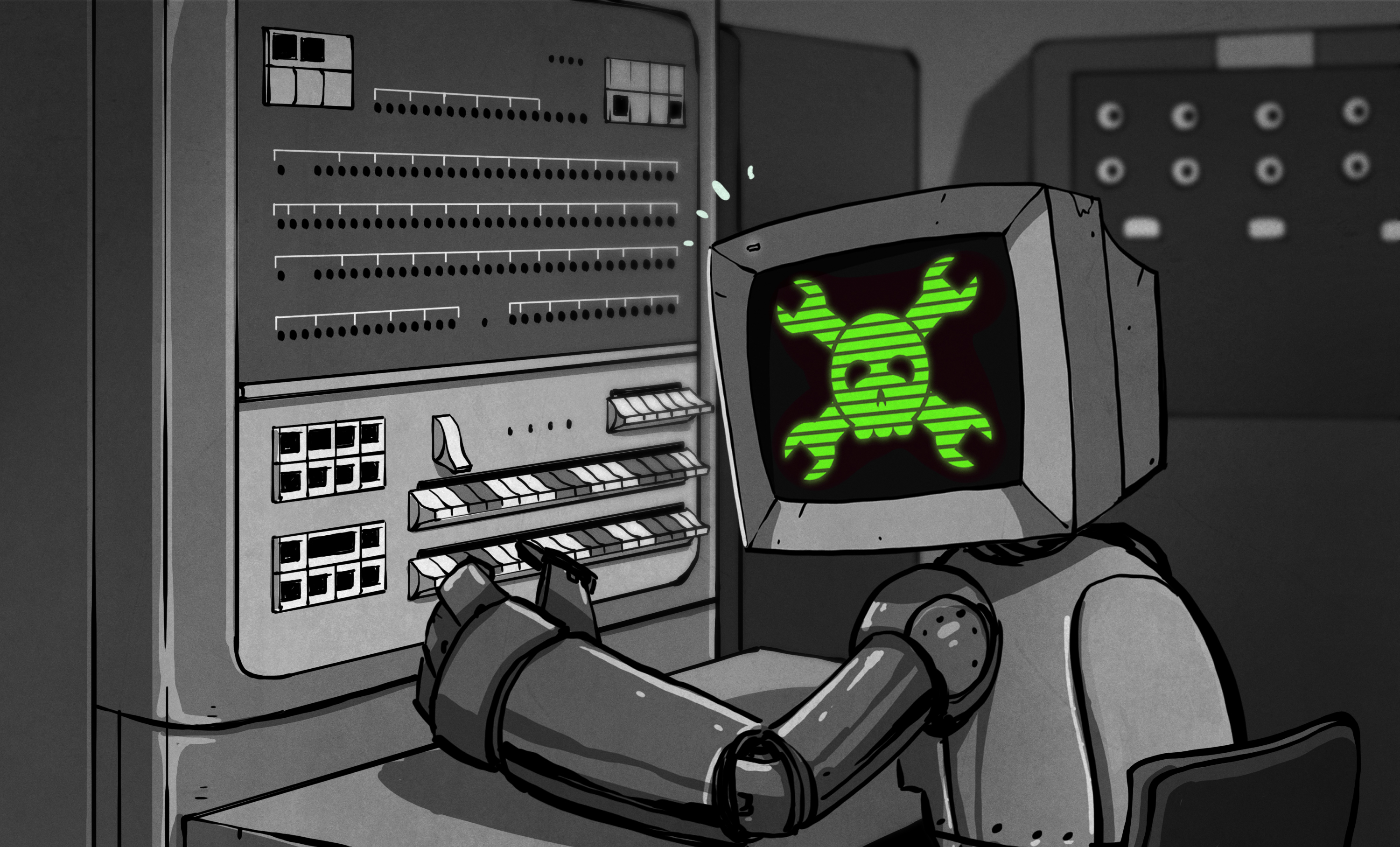

























![Global security vulnerability database gets 11 more months of funding [u]](https://photos5.appleinsider.com/gallery/63338-131616-62453-129471-61060-125967-51013-100774-49862-97722-Malware-Image-xl-xl-xl-(1)-xl-xl.jpg)
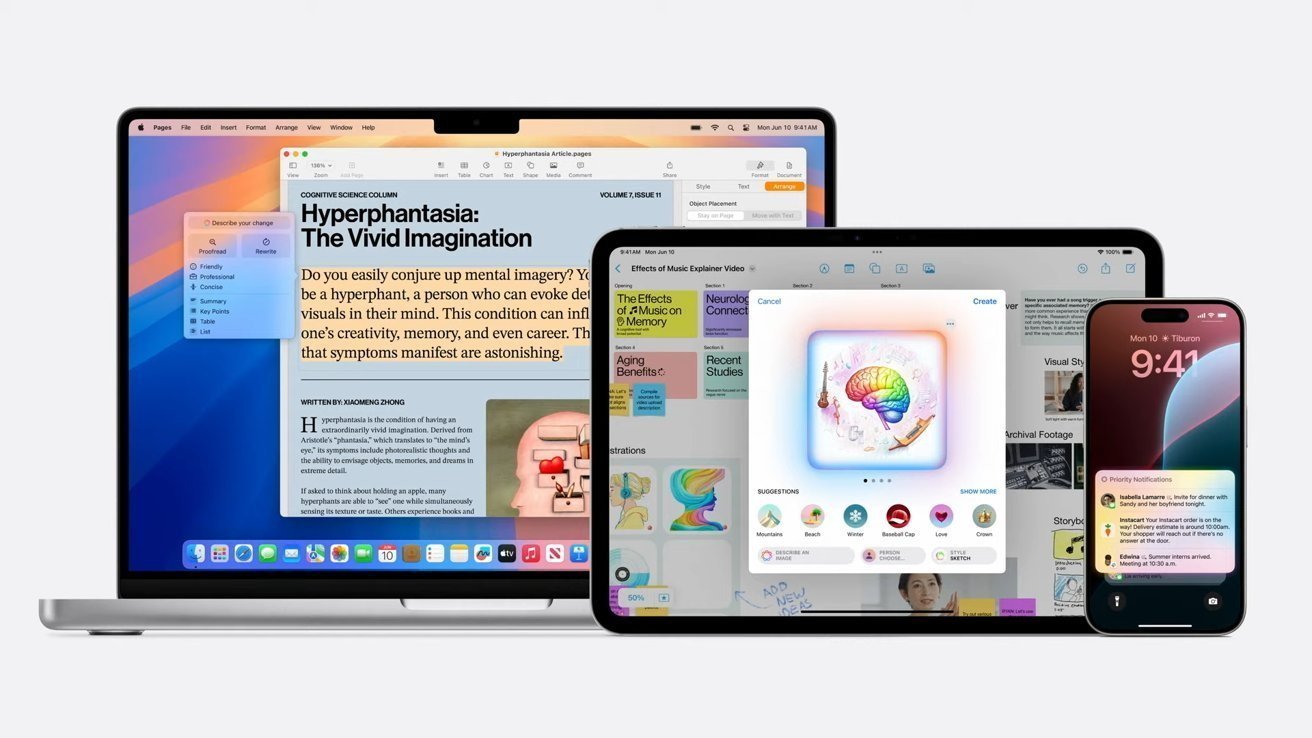
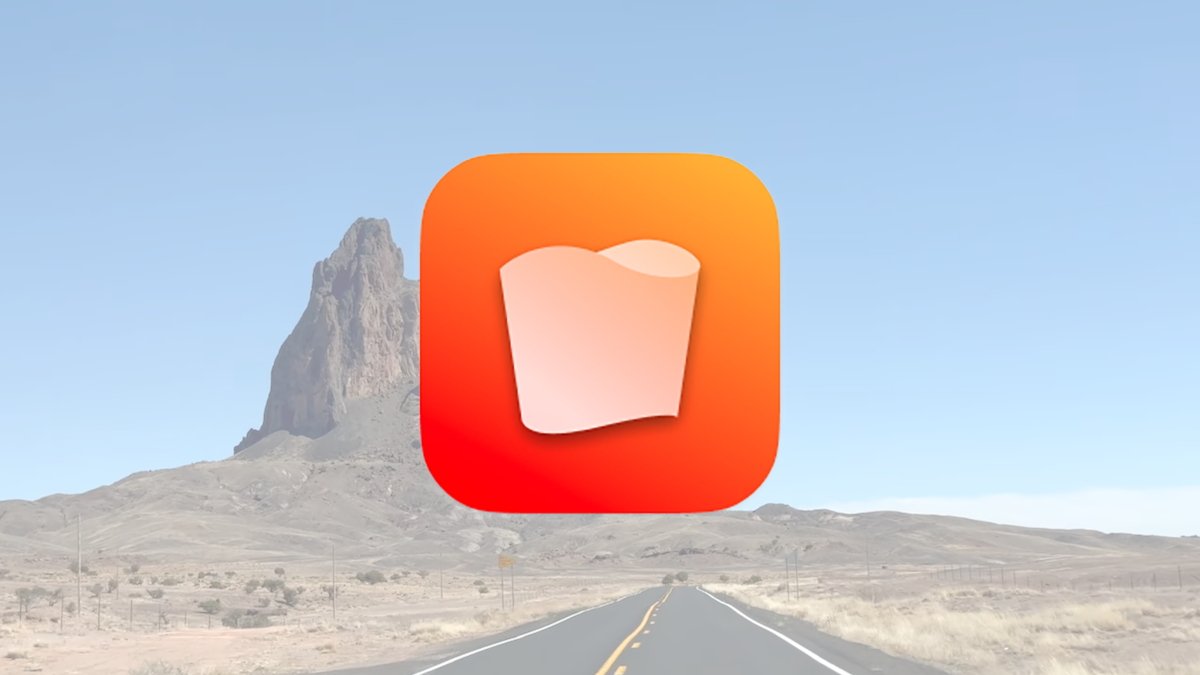

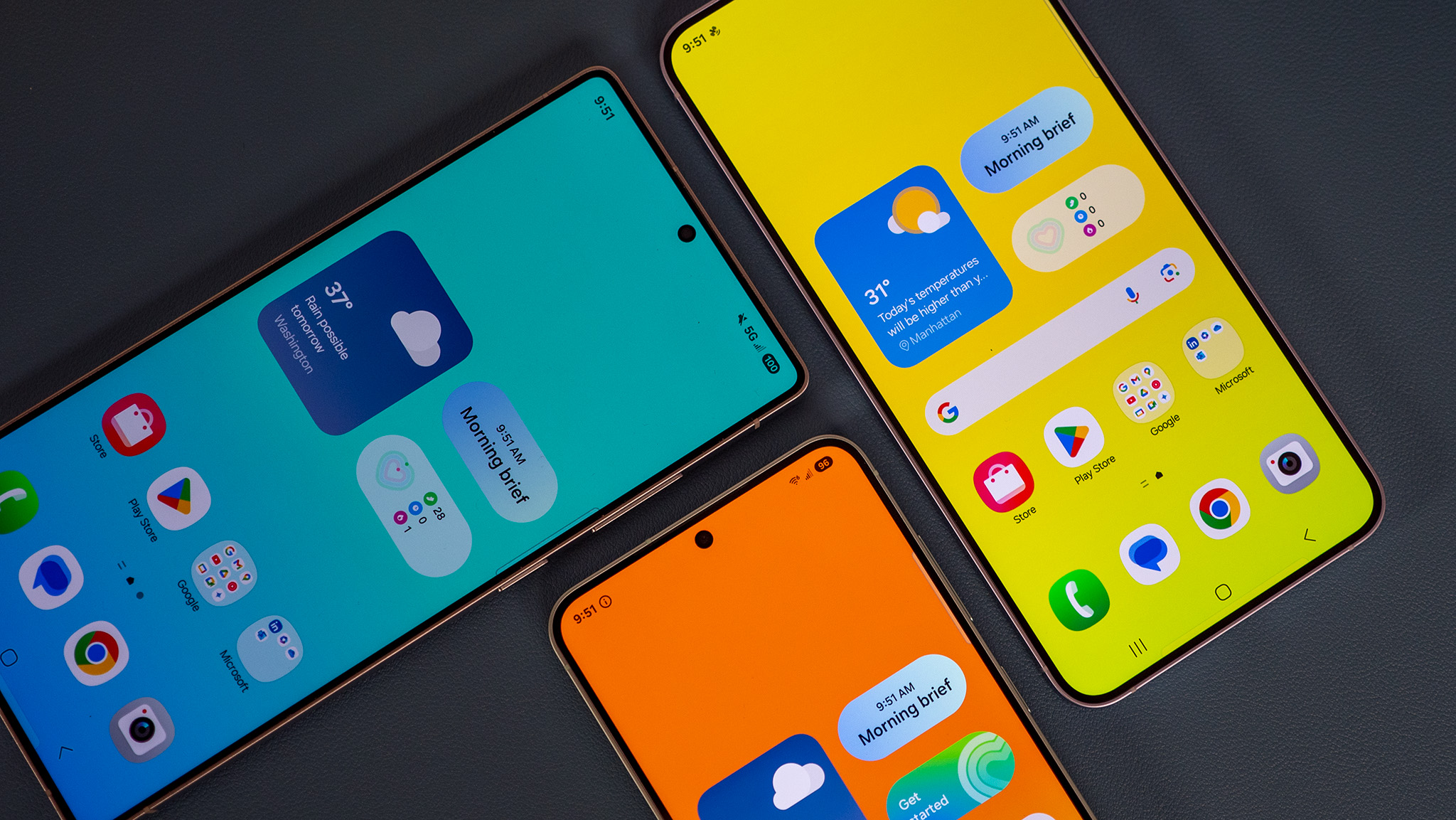





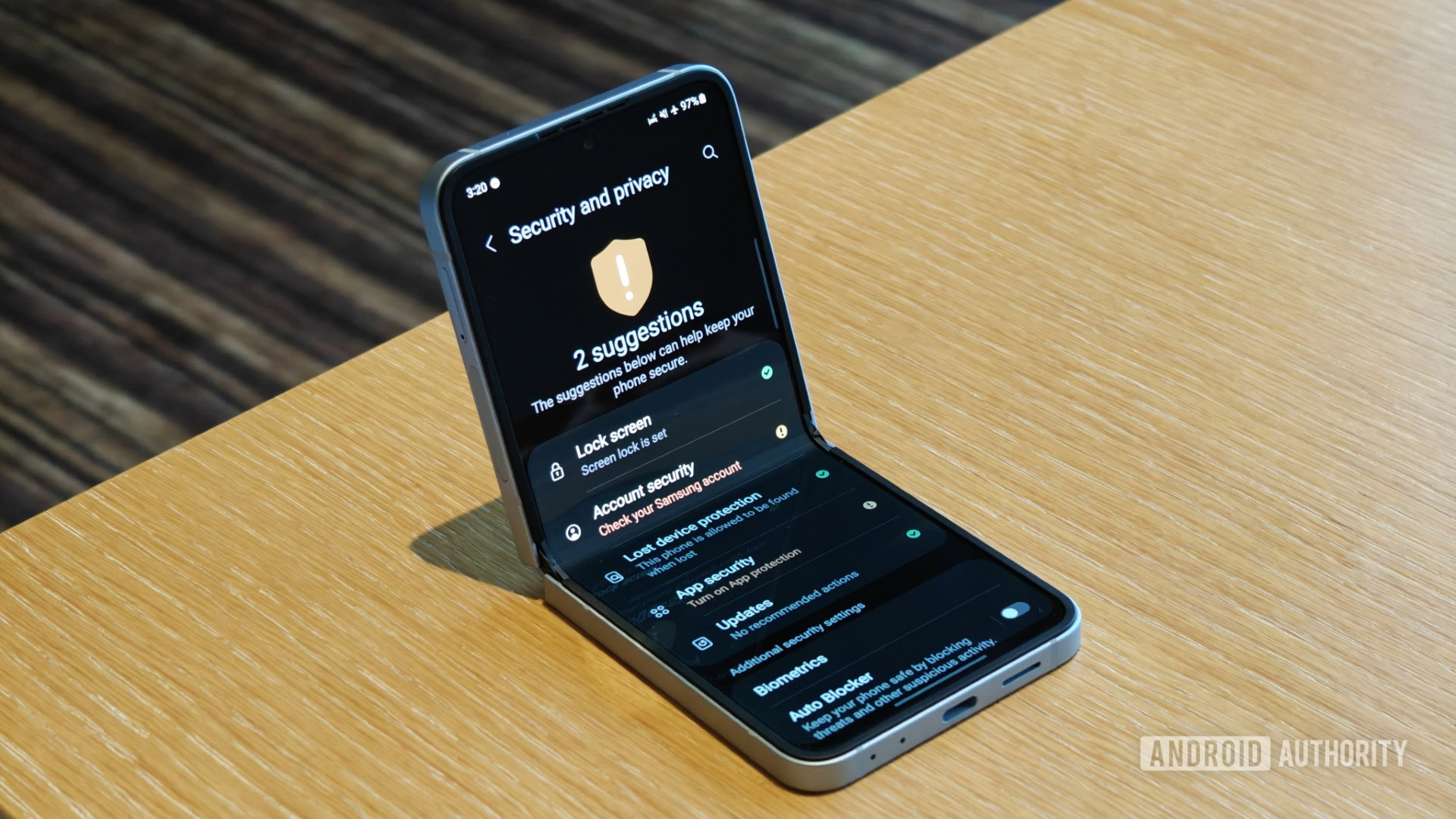



















![Apple Releases tvOS 18.4.1 for Apple TV [Download]](https://www.iclarified.com/images/news/97047/97047/97047-640.jpg)
![Apple Releases macOS Sequoia 15.4.1 [Download]](https://www.iclarified.com/images/news/97049/97049/97049-640.jpg)
![Apple Releases iOS 18.4.1 and iPadOS 18.4.1 [Download]](https://www.iclarified.com/images/news/97043/97043/97043-640.jpg)























